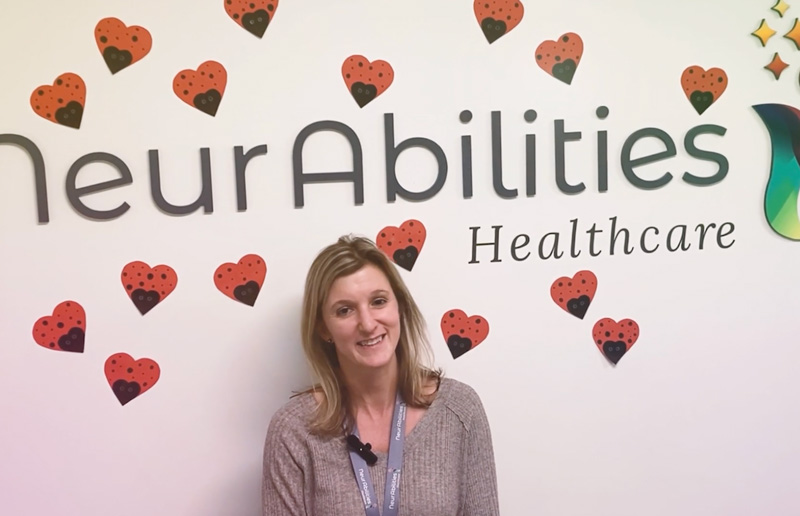In 2005, an American writer named David Foster Wallace created a humorous dialogue between fish that has become a favorite metaphor to describe the benefits of therapy. It can be summed up by two questions, from one fish to another:
“How’s the water today?” asks the first fish.
“What’s water?” asks the second fish.
As a therapist, what this story means to me is that we are all swimming around in our own thoughts, feelings, relationships, cultures, communication patterns, routines, etc. They can sometimes become so familiar that we don’t often stop to notice them. Sometimes that’s okay! It would be exhausting to analyze every moment! But just like the second fish, we often aren’t aware of the invisible and everyday contexts we are swimming in.
A therapist can be like the first fish in the story. But instead of asking how your water is today, we start by asking about what problem or event has led you to seek support. These are the visible, uncomfortable, and overwhelming situations that families encounter. A young child may have received an ASD diagnosis, and the family is looking for support as they navigate how to parent together as a team. Another family may feel like they are parenting their child with ADHD well, but are noticing that their neurotypical child is struggling in ways they don’t understand. Some families might get feedback from their child’s preschool because the child’s worries or tantrums seem more frequent or more intense than is typical for their age. Sometimes kids can be on the neurodivergent spectrum and ease through elementary school, but suddenly encounter stressors or difficulties in middle school or high school that quickly become overwhelming.
These are the things we can see. What we often can’t see are the invisible forces that led a family to seek therapy. The early stages of therapy are beneficial because we begin to piece together those factors during the assessment process. We gather information about histories, major life events, and medical information. Some people might wonder what the point is of going to the past if you can’t change it. I find it helpful because once you see the contributing factors, you can discover if those factors are still occurring today. The present moment is the place where we can see other options, and maybe make a different choice. But you have to be able to see it first.
As those invisible forces become more visible, we can begin exploring what those different choices could be. One important way that therapy is helpful is that it gives everyone a different perspective. Working with families is like looking at facets on a gemstone. Each person has their perspective, and no one has to be “wrong,” since we all see different parts of the same gemstone. One person might say that a teen staying in bed too much is “lazy,” another might say it’s “a normal part of being a teenager,” and I might say, “It could be lazy, it could be normal, or it could be due to anxiety, depression, or something medical. What do you think about assessing some of those possibilities?” If it’s normal, maybe therapy becomes a place to explore adjusting expectations as the family enters a new phase of parenthood. If it’s lazy, maybe we help the teen explore new interests. Medical needs could be addressed, or targeted therapies could be used to treat underlying anxiety or depression. Once we can see the water the family is swimming in, the family can talk about their experiences and make informed choices.
One of the most important benefits of family therapy to me is that the goal is to support everyone. Parents are often worried about their children, and are managing their own stressors, life transitions, anxiety, or depression. The metaphor, “You can’t pour from an empty cup” might be overused at this point, but for good reason. The work of therapy involves seeing things in new ways, and making new decisions. There is intentional effort involved that can be difficult during an already stressful time. An important way to balance that is to dedicate part of the therapy to supporting parents and caregivers. As a family therapist, I find this to be the most important benefit. I feel honored to listen to all members of a family, to help everyone see what was previously unseen, and to support the family as they navigate new decisions together.









